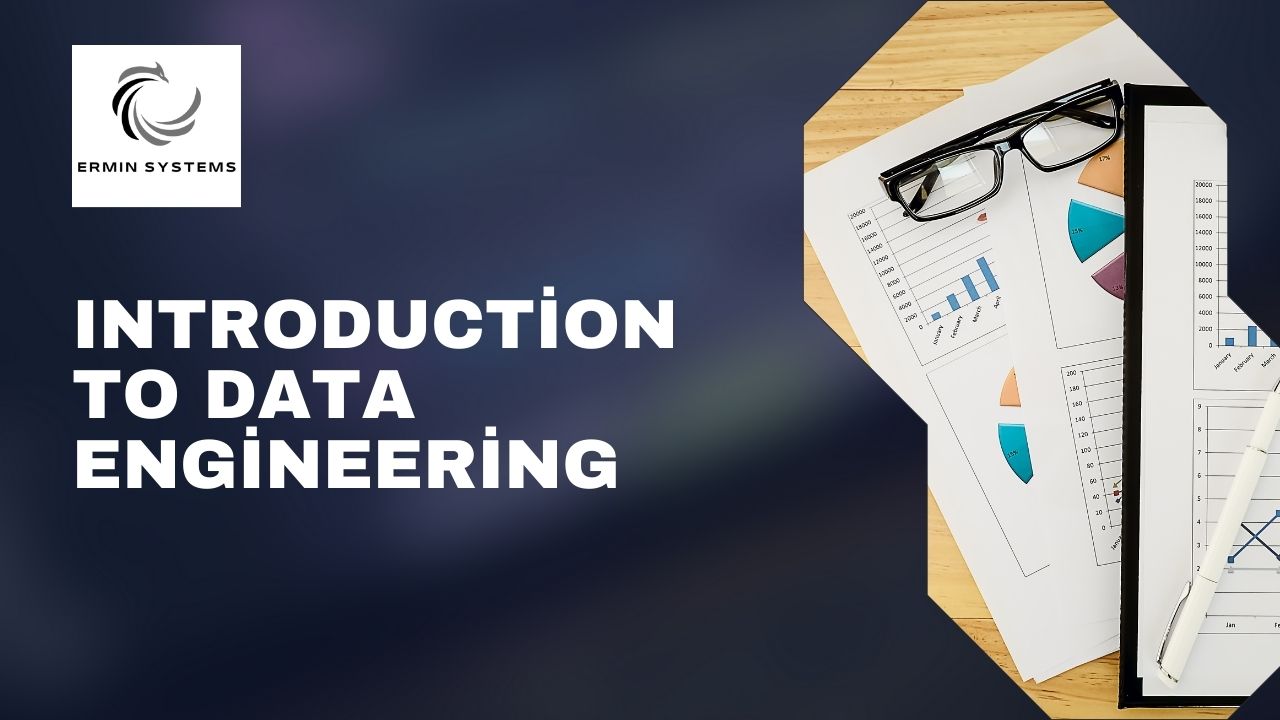Introduction to Data Engineering
Introduction to Data Engineering
This four-week course introduces participants to the world of data engineering. It covers the essential roles and responsibilities of a data engineer, the fundamental concepts of data infrastructure, and an overview of key tools and technologies used in the industry. The course is designed to provide a solid foundation for those new to data engineering or those looking to transition into this fast-growing field.
Detailed Syllabus:
Week 1: Understanding the Role of a Data Engineer
- Overview of data engineering and its importance in the data ecosystem.
- Key roles and responsibilities of data engineers.
- Understanding the difference between data engineers, data scientists, and data analysts.
Week 2: Basic Data Infrastructure
- Introduction to data infrastructure components: Databases, data warehouses, data lakes.
- Overview of data storage solutions: SQL vs. NoSQL, on-premises vs. cloud storage.
- Basic concepts of data integration and orchestration.
Week 3: Tools and Technologies in Data Engineering
- Introduction to essential tools for data ingestion, storage, processing, and management.
- Exploring popular technologies like SQL databases, Hadoop, Apache Spark, and data integration tools like Apache NiFi and Talend.
- Brief overview of programming languages used in data engineering, primarily Python and SQL.
Week 4: Building Your First Data Pipeline
- Understanding the architecture of a simple data pipeline.
- Hands-on project: Building a basic data pipeline using SQL and Python.
- Introduction to monitoring and optimizing data pipelines.
Learning Outcomes:
- Gain a clear understanding of what data engineering involves and the critical role it plays in today's data-driven environment.
- Learn about different data storage and management technologies and when to use them.
- Develop foundational skills in handling data using basic tools and constructing simple data pipelines.
This course includes video lectures, interactive quizzes, hands-on exercises, and a capstone project in the final week that allows students to apply what they've learned by building a simple data pipeline. This practical experience ensures that students not only understand the theoretical aspects but also gain confidence in applying their new skills in a real-world context.

